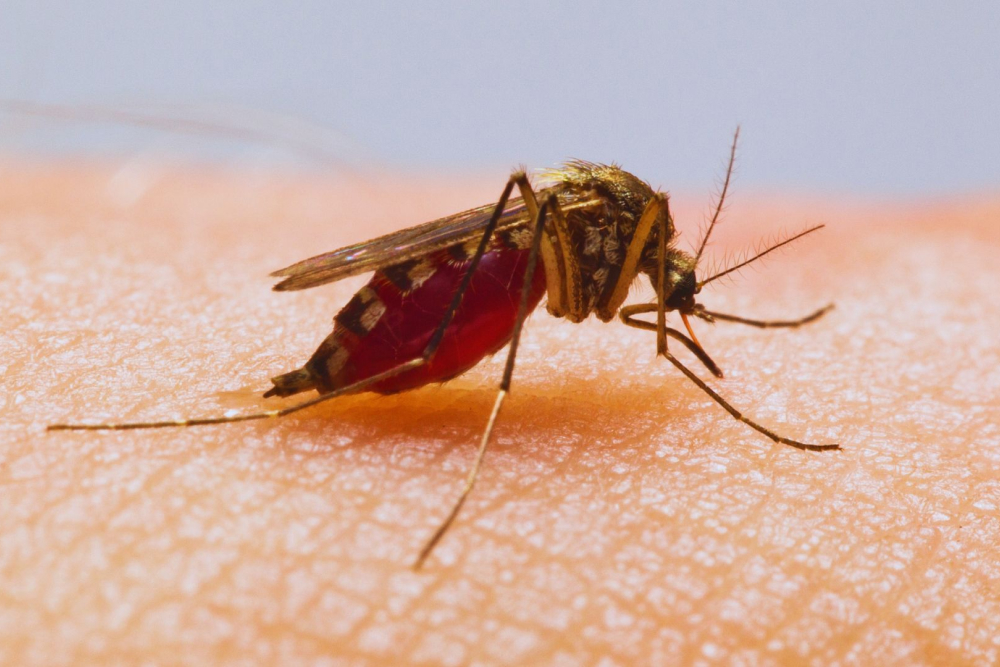
Dengue fever is a prevalent mosquito-borne disease in many parts of the world, including Singapore. The Aedes mosquito is the primary vector responsible for transmitting the dengue virus to humans.
While it's challenging to control these tiny yet dangerous insects entirely, there are proactive ways you can take to protect your home and family from dengue mosquito breeding.
In this blog post, we will discuss essential strategies to prevent mosquito breeding and reduce the risk of dengue fever in Singapore, where mosquito prevention is critical.
What is the Aedes Mosquito?
It's essential to understand the habits and characteristics of the Aedes mosquito before taking preventive measures. These mosquitoes are small, dark in colour, and have distinctive white stripes on their legs and bodies, making them easily identifiable.
They are known to be aggressive daytime biters, primarily active during the early morning and late afternoon.
Aedes mosquitoes breed in stagnant water, and their breeding sites are typically found in and around residential areas. Female mosquitoes lay their eggs in containers that hold water, such as flowerpots, buckets, discarded tyres, and clogged drains. Understanding these breeding habits is crucial for effective prevention.
Effective Strategies to Prevent Dengue Mosquitos
Eliminate Breeding Sites
One of the most effective ways to protect your home from dengue mosquito breeding is to eliminate their breeding sites. Aedes mosquitoes lay their eggs in stagnant water, which can be found in various places around your home. Here are some key areas to focus on:
- Flowerpots and vases: Change the water in your flower pots and vases regularly to prevent stagnant water accumulation.
- Containers: Dispose of or cover containers, buckets, and discarded items that can collect rainwater.
- Gutters and drains: Ensure that your gutters and drains are free from debris and unclogged to prevent water from pooling.
- Roof gutters: Regularly clean your roof gutters to prevent water accumulation.
- Old tyres and containers: Remove old tyres and containers from your property as they can collect rainwater and become breeding grounds.
Maintain Your Garden
Landscaping and gardening practices can contribute to mosquito breeding. To minimize these risks, consider the following:
- Trim overgrown vegetation: Keep your garden well-maintained by trimming overgrown plants, as these can provide shaded areas for mosquitoes to rest.
- Fill tree holes: If you have trees with hollows or holes that collect rainwater, fill them in to prevent mosquito breeding.
- Install mosquito-repelling plants: Certain plants, such as citronella, lemongrass, and marigolds, have natural mosquito-repelling properties. Consider planting them in your garden to deter mosquitoes.
Use Mosquito Screens and Nets
Install mosquito screens on doors and windows to prevent mosquitoes from entering your home. Additionally, consider using mosquito nets over your bed if you sleep in an open-air environment or have windows without screens. These protective measures can help reduce your exposure to mosquito bites, especially during the night when Aedes mosquitoes are most active.
Dispose of Trash Properly
Improper disposal of trash can lead to stagnant water accumulation in discarded items. Always use covered trash cans and ensure they are emptied regularly. Avoid leaving trash bags or containers exposed to the elements, which can become breeding sites for dengue mosquitoes.
Regularly Maintain Swimming Pools and Ponds
If you have a swimming pool or pond in your garden, it's essential to maintain them properly. Stagnant water in these areas can become breeding grounds for mosquitoes.
Use appropriate chemicals to keep the water clean and free from mosquito larvae. Additionally, consider installing a fountain or water feature that keeps the water circulating, making it less attractive for mosquito breeding.
Practice Personal Protection
While it's essential to prevent mosquito breeding around your home, personal protection is equally important, especially when you are outdoors. Here are some tips:
- Wear long-sleeved clothing: When spending time outdoors, especially during dawn and dusk when Aedes mosquitoes are most active, wear long-sleeved shirts and pants to reduce exposure to mosquito bites.
- Use mosquito repellent: Apply mosquito repellent on exposed skin and clothing to deter mosquitoes.
- Use mosquito coils and sprays: Use mosquito coils or sprays in outdoor areas where you gather, such as patios or balconies, to keep mosquitoes at bay.
Community Involvement
Dengue mosquito prevention is not just an individual responsibility; it requires collective efforts from the community. In Singapore, authorities conduct regular inspections and fumigation efforts in dengue-prone areas. Support these initiatives by reporting potential breeding sites and participating in community clean-up drives to remove mosquito breeding grounds.
Winding It Up
If you're seeking expert help to protect your home from Dengue mosquito breeding in Singapore, ProServ Pest Control is the solution you need. With extensive experience and a team of specialists, we focus on thorough mosquito prevention in Singapore, providing you with the assurance you deserve.
At ProServ Pest Control, we understand the unique challenges posed by Aedes mosquitoes, and we tailor our solutions to address them effectively.
Our technicians can inspect your property, identify potential breeding sites, and implement strategies to eliminate them. From regular maintenance to advanced treatments, we offer a range of services to keep your home mosquito-free.
Don't leave your family's health to chance when it comes to mosquito prevention. Choose ProServ Pest Control and join our mission to create a safer and healthier environment. Contact us today and let us help you protect your loved ones from the threat of Dengue fever.

